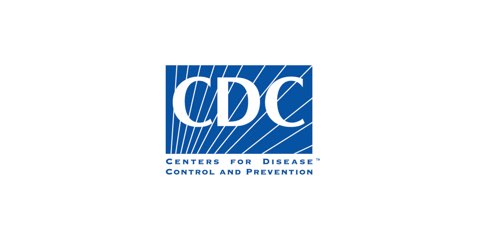How can a pod help?
Learning pods can feel very confusing. Here are some different ways people are using learning pods.
Virtual learning
Learning pods don't have to happen in- person. Parents and kids can both provide a virtual support network online.
In-person learning
Sometimes we have difficult decisions to make. Find other families who will need in-person learning support.
Distributed childcare
Need a group who can rotate the kids and share the load? Pods can help neighbors provide childcare for eachother.
Start homeschooling
PodPlease can help you find other parents who want to homeschool their children as a parent team or with a tutor.
Self-guided learning
Is your child interested in directing and forming a study pod with peers? Build a pod with other self-guided learners who can work together.
Help kids stay social
Learning doesn't have to be all about books and math. Pods help kids play together safely in-person and online.
How does PodPlease work?
PodPlease is a free match making-service for parents.
Step 1
Search the pod listings
Browse for the things that matter most to your family.
Step 2
Submit an application
Tell your story and let parents know why you should be a part of their pod.
Step 3
Wait for a response
You'll receive an email or phone response from the pod parent.
What we believe
Why we created the PodPlease service
Communities can work together to further their children's education and emotional goals.
Every child deserves to learn in a safe environment and should be supported in pursuing their educational goals.
Pods will help families create strong communities that will continue to support one another even after the threat of COVID19 ends.
Community Guidelines
You will quickly need learn how to agree, disagree, and solve problems together with a team. That isn't easy! Some of you will have experience, some of you wont. Use these principles to help you have constructive learning discussions and teach your children.
Don't judge each other
Meet each parent and child where they are at in their emotional, social, learning, and parenting journey. Remember, everyone is trying their best and you don't know all the factors that are guiding their behavior.
Be kind, be tender, choose love
Always assume the best before assuming the worst. There is enough stress in our lives today and we can help calm that stress when we choose to see the best in the other.
Remember, we're all human
All of us make mistakes. Don't demand a formal apology if a child or parent didn't act with malice. Be a human by helping others learn.
Teamwork isn't personal
People can disagree with each other's ideas without thinking less of the other. When another parent or child does not agree with you or makes suggestions that change the work you've done, that doesn't mean that they think that you are wrong or that the work you do is not valuable.
Model the behavior you want to see
Be a learner, a helper, and a teacher. Fill the knowledge, social, and love gaps in each others' lives. Let your curiosity guide you to ask lots of questions and listen instead of trying to show that you have all of the answers.
Don't be overly-critical
People understand when they've made a mistake. It is unnecessary to hammer in the point just to show disapproval or because you believe you deserve justice. Choose to let the mistake go and handle the situation with kindness and empathy.
Build bridges to each other
Every person has their own stories, experiences, and backgrounds. That is wonderful. Seek what we have in common and the unique perspective each community member can offer. There's enough in the world dividing us today.
Everyone makes mistakes
Mistakes are part of life. Especially when we're trying something new and difficult. Expect that we will all make mistakes together and that we need to accept those mistakes with grace and love.
It's okay to fail
It's even good to fail! We learn from our failures and use them to grow into the best versions of ourselves. Success for infants, children, and adults is a series of thousands of failures that refine our abilities to handle a task, situation, or problem better each time.
Pump the brakes, take a breath
It's OK to slow down and take a breath. It's even okay to give yourself a couple days to mull things over before responding. This isn't a race. Learning new things takes time for both kids and for parents, so give yourself the time you need.
Praise the good, ignore the bad
Positivity is better at motivating people than punishment. When we approach every situation with positivity, we create a safe and eager learning-environment. Let go of the negative and celebrate the positive instead.
It's okay to ask for help
It's okay for both children and adults to ask for help. Asking for help doesn't make you weak, it shows that you are confident, eager to learn, and know when you're taking on too much at once.
Health Guidelines
PodPlease does not take responsibility or make recommendations for pods. Here are some resources to help guide your decisions.

CDC School Reopening Guidelines
Click hereIn Person Risk Assessment Map
Click hereJohn Hopkins Covid-19 Dashboard
Click here